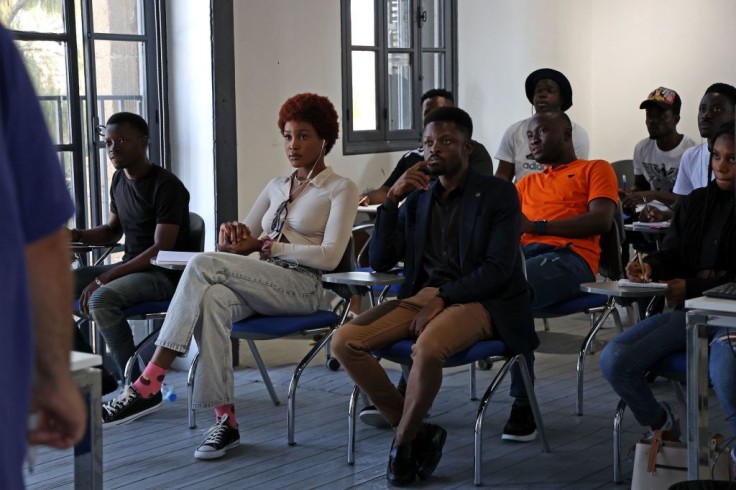
African and South American students are dealing with the consequences of the rising visa denials in the U.S.
A report published on Wednesday revealed that students from Africa and South America seeking to study in the United States have been facing disproportionately higher visa denial rates compared to students from other parts of the world.
The research, conducted by Shorelight and the Presidents' Alliance on Higher Education and Immigration, analyzed data from 2015 to 2022, shedding light on the challenges these students encounter in pursuing U.S. education.
The surge in F-1 student visa denials has raised concerns among education experts and policy advisers, calling for a closer examination of the visa process to ensure equal opportunities for international students.
Visa Denial Rates Surge for African and South American Students
According to Higher Ed Immigration, the number of F-1 student visa denials has seen a notable increase in recent years, raising eyebrows among academic circles and immigration experts.
Specifically, students hailing from Africa and South America have been significantly affected by the rise in visa rejections, hindering their ambitions to pursue higher education in the United States.
The report, published on the Higher Ed Immigration Portal, utilized data from the U.S. government and international sources, such as the Institute of International Education, the United Nations, and the World Bank, to analyze trends over a seven-year period.
The research findings underscored a stark contrast in visa denial rates across different regions, particularly impacting students from Africa and South America.
Over the last decade, South American student visa denials more than doubled, while African students faced the highest denial rates of all regions, except for four countries in southern Africa.
Notably, denial rates for students from Africa remained consistently high throughout the seven-year study period, suggesting a concerning pattern that demands attention.
Struggle of African Students and the Call for Change
According to NBC News, among the regions analyzed, African students bore the brunt of visa denials in 2015, along with students from South Asia and parts of the Middle East.
Even as the pandemic unfolded, visa denials increased globally, with the exception of Australia, China, Brazil, South Africa, and select European countries.
The most significant surge in visa denial rates was observed for South American students, whose F-1 visa denial rate escalated from 10% to 24% over the eight-year period studied.
Policy advisers and researchers from the Presidents' Alliance expressed concern over the existing perceptions surrounding F-1 visa denials, which have often been attributed to students' perceived unpreparedness for visa interviews or lack of sufficient funds for a U.S. education.
However, the report revealed that even when students from sub-Saharan Africa secured admission to graduate programs in the U.S. and demonstrated adequate funding, 40% of them were still denied student visas.
This highlights the need for a deeper evaluation of the visa process and its impact on African and South American students' access to education opportunities in the U.S.
Missed Opportunities and Growing Demand
The researchers estimated that approximately 92,000 potential students who were eligible and qualified to study in the U.S., missed out on the opportunity due to visa denials.
The disparity in visa approval rates equated to a significant loss of talent for American educational institutions, potentially hampering their competitiveness on the global stage.
According to IHE, Miriam Feldblum, the executive director of the Presidents' Alliance, emphasized that the report underscores the importance of establishing a comprehensive national policy regarding international education.
She further highlighted the necessity to reevaluate the student visa approval process, particularly in light of growing competition from educational institutions in countries like China and Canada, which are increasingly vying for international applicants.
According to Feldblum, addressing these barriers is crucial at the national level, as the repercussions of not taking action could have significant implications.
By addressing the existing disparities and enhancing transparency in the visa application process, the U.S. can tap into a valuable talent pool from Africa and South America, fostering a diverse and thriving educational environment for the betterment of all.